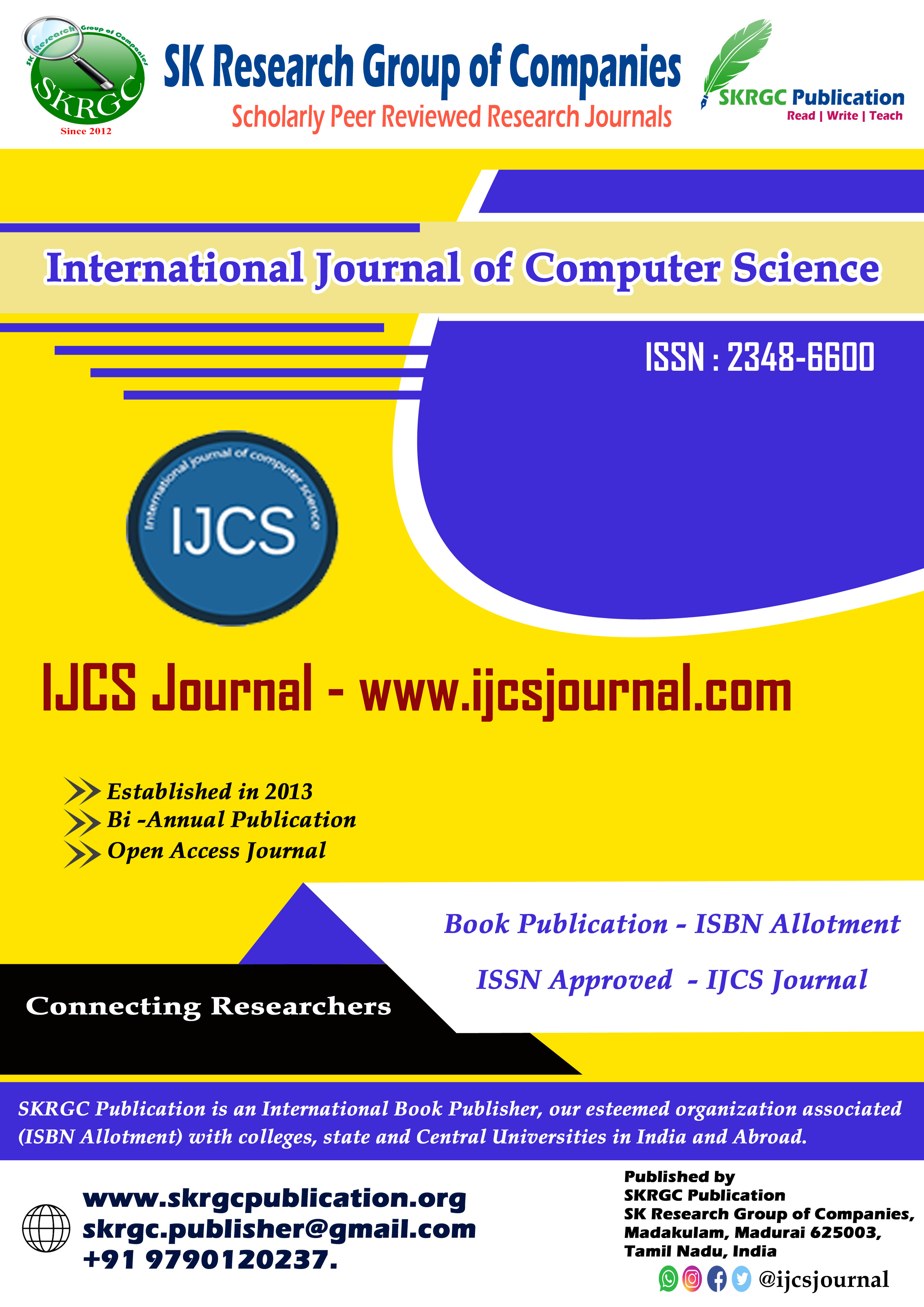TECHNOLOGICAL INNOVATION AND ODL
International Journal of Computer Science (IJCS) Published by SK Research Group of Companies (SKRGC)
Download this PDF format
Abstract
Open learning, which covers a wide range of innovations and reforms in the educational sector that advocates flexibility to the learner with regard to entry and exit; pace and place of study; method of study and also the choice and combination of courses; assessment and course completion. The lesser the restrictions, the higher the degree of openness. The Open learning system aims to redress social or educational inequality and to offer opportunities not provided by conventional colleges or universities. Educational opportunities are planned deliberately so that access to education is available to larger sections of society. Thus, ODL is terms that accepts the philosophy of “openness” and uses the “distance mode” of learn into democratize higher education to large segments of the population, in particular, the disadvantaged groups such as those living in remote and rural areas, working people, women, etc. To provide an innovative system of university-level education which is both flexible and open in terms of methods and pace of learning; a combination of courses, eligibility for enrollment, age of entry, the conduct of examination and implementation of the programs of study; To provide an opportunity for up-gradation of skills and qualifications; and To develop education as a lifelong activity to enable persons to update their knowledge or acquire knowledge in new areas.
References
[1] Bates, A. W. (1995). Technology, Open Learning and Distance Education, London: Rout ledge, 29-31
[2] Bates, A. W. (1991). Interactivity as a Criterion for media selection in distance education: Never Too far, 16: 5-9.
[3] Barden, R. A. (1996). “The case for linear instructional design and development:. A commentary on models, challenges and myths” Educational Technology, 2, 5-23
[4] Christina, S. (2001). The Use of Information technology for the management of Education In Singapore, Commonwealth Secretariat, London, United Kingdom.
[5] Coble, W. (1996). Tele-learning: Deconstructing Courses. International Conference on Technology and Education, New Orleans, Louisiana, USA, March 17-20, pp. 416-18.
[6] Haddad, W., & Drexler, A. A. (2002). (Eds) Technologies for Education: Potentials, Parameters, and Prospect, Washington D.C.: AED, Paris UNESCO.
Keywords
Learning, Education, Distance, Study, Methods.

